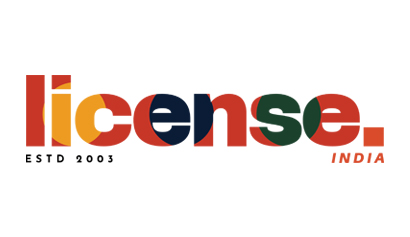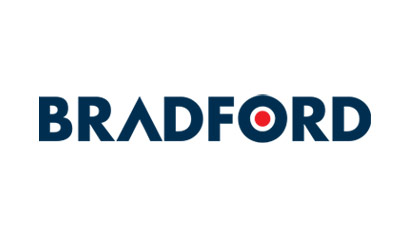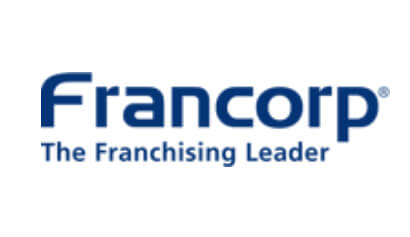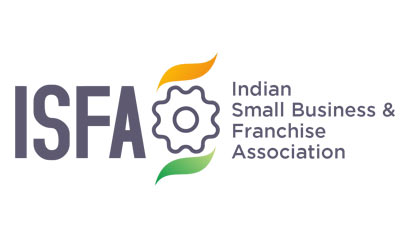To get access to over 10000+ Franchise Business Opportunities.
Network with the growing Business Community to get expert interventions to let you learn to Grow & Expand your Business with Franchising.
Established in 1912, The London School of English (LSE) became a pioneer in the development of the new fields of Business English and English for Specific Purposes in the early 1970s. Witnessing the enormous growth of importance of possessing good spoken
The Franchising World (TFW): Which are the various courses offered by LSE for different learners?
Timothy Blake (TB): We offer a full spectrum of courses from General English and English for Exams (such as IELTS) to Business English and Specialist English. In terms of level, we cater to all learners – from complete beginners to advanced speakers of English, such as foreign diplomats and ministers, who need to polish their communication skills for high-level international conferences and meetings. Earlier this year, we launched a range of online courses.
TFW: Tell us about your international presence. Which has been LSE`s best performing international market till date?
TB: By its very nature, our business has always been international - every year, we receive participants from over 70 nationalities. Our largest markets are Switzerland, Russia, Italy, Spain, France and Germany, although for some courses, countries such as South Korea and Saudi Arabia are also significant.
In terms of overseas infrastructure, we have a long-established operation in Stockholm that provides many English language training courses to Swedish government ministries and MNCs. We also run a franchised operation in South Korea.
TFW: What kind of research did you conduct before zeroing in on India as a market for expansion?
TB: We assessed several dozen countries across a wide range of criteria, before drawing up a shortlist from which we further defined priority markets. Apart from ascertaining a market`s potential, one key factor we had to understand and be sure of was how well the concept of franchising was understood and accepted. We saw that the last five years have witnessed a boom in franchising in India and that this is now a much more firmly rooted business model.
TFW: What kind of business arrangement are you looking at for entering India?
TB: We will expand into India by franchise, as we consider this to be the best way of harnessing our know-how and experience to the ambition and market knowledge of local entrepreneurs. Initially, we will award a small number of master franchise licences to selected partners in different regions of India.
TFW: What are your expectations from the Indian market? How many LSE establishments do you plan to open in India?
TB: We anticipate a high demand for our courses and methods, which have always focussed on developing a learner`s practical English language communication skills – particularly speaking skills. In addition, we plan to create certain new courses for the Indian market, in some cases by modifying what we already do. For example, in London, work on pronunciation is something we do as a daily part of all our courses; in India, with its major BPO operations, we know that work on accent reduction can merit a course of its own.
We plan to open LSEs in some 30 top Indian cities, although we will target a smaller number in a first phase.


Business Opportunities
Browse By Investment Range
Browse By States
Popular Cities
We value your privacy.
You can unsubscribe anytime















